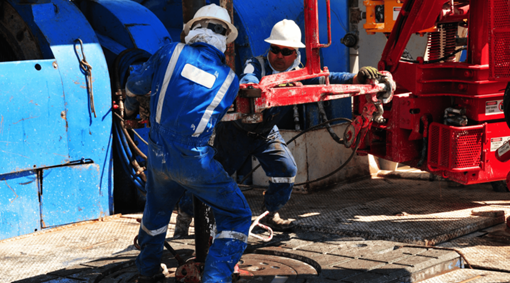
Virtually every energy company puts safety and a commitment to the environment at the core of its values. While rhetoric, HSE training, policies, and initiatives are commonplace, one fundamental area that is often overlooked is ensuring personnel have a much broader technical understanding spanning across teams and disciplines.
As the findings from the Deepwater Horizon disaster highlighted only too well when someone is only competent in their specific area, critical safety discussions and decisions become much more difficult and crucial time is wasted. However, when you have multi-disciplinary teams with an understanding across roles, the right decisions can be made faster and risk is mitigated.
In direct response to the tragedy, the UK Government established a dedicated unit to examine competency and human factors in the UKCS. Their recommendations resulted in Oil and Gas UK developing the training guidelines that Norwell EDGE’s content aligns with today.
By ensuring teams have a wider understanding of what their colleagues do, they can better understand how the entire process fits together, break down silos, and improve collaboration. They are less afraid to speak up, less shy to ask a probing question, or stop the job. The benefit of this is two-fold. Not only does this broad technical training reduce safety risks but it also drives up operational performance by improving collaboration and breaking down barriers between teams.
How can digital training help?
Match training to competencies: With the right e-learning platform, you can build a tailored training programme from a suite of certified modules to match existing or industry technical training matrices. This allows a broad technical programme to be created for specific roles and adjusted to account for the level of understanding each learner may have. Through module quizzes, assessments, and a range of digital trade tests, managers can gain actionable insights into where competency gaps may lie.
Tailor scenarios to live operations: Modern, digital oil and gas courses blend training content combining text and graphics with animations, videos, and 3D scenarios. These scenarios can often be designed to reflect specific assets or operational activity – providing clear and detailed visualisation to aide familiarisation and improve overall understanding of activity.
Flexible learning to fit around activity: Digital training not only provides a better return on investment compared to traditional classroom training, with retention rates almost three times greater but it also avoids the operational disruption of having an entire team stuck in a boardroom for multiple days. Learners can complete their training online at a time and place that works for both employer and employee – and on any wi-fi connected device – minimising the impact on productivity and reducing associated training costs such as travel, accommodation, and room hire.
Track progress to monitor performance: With limited oversight or follow-on, traditional classroom-based training can feel like little more than a tick box exercise. With a digital training partner, managers gain total oversight and control over their team’s continuous training programme. Reports can be segmented to track progress, benchmark performance, and identify areas where further support is required. It can also flag whether someone is spending too short a time on a module – perhaps indicating they are skipping through it or too long and maybe struggling. Armed with detailed data managers are able to build an accurate and actional training plan that drives performance and improves competencies.
There is no doubt that the global oil and gas industry has made significant strides towards improving its safety record however there is never room for complacency. As we embrace the digitalisation of other aspects of our sector, digital training offers huge opportunities to upskill our workforce and ensure we are doing all we can to make sure people go to work and come home safely.
KeyFacts Energy Industry Directory: Norwell EDGE
 KEYFACT Energy
KEYFACT Energy